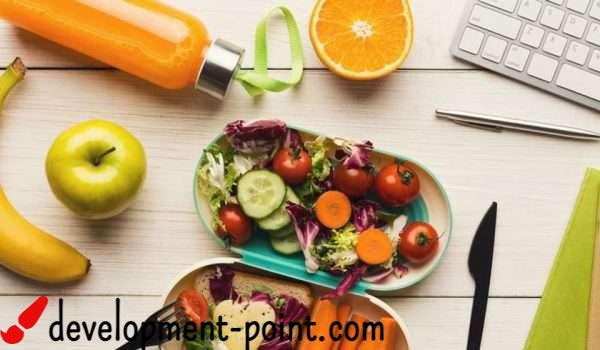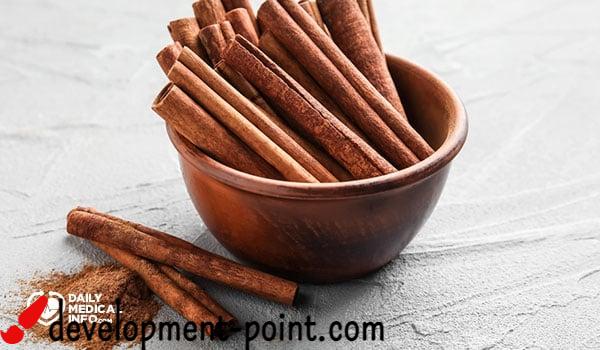Food for patients with esophageal varices and prohibited foods
Esophageal varices are serious problems, which must be dealt with with caution, and that is why those affected may look for instructions to help them deal with the condition, and the food of esophageal varices patient is one of the basics that must be taken care of. Follow us in this article to learn about the appropriate food for esophageal varices patients.
esophageal varices patient food
Esophageal varicose patients must adhere to soft and soft foods, in order to prevent any rupture within the veins affected by varicose veins, and the doctor can help you determine the type of foods that are appropriate for you, but you can adhere to the following:
soft foods
This means that you should stay away from solid foods, which are difficult to swallow or require a lot of chewing, and therefore you can eat foods such as:
- Yogurt.
- Ripe banana.
- Mashed potatoes.
- Food that has been cooked and is characterized by its softness.
- Cooked vegetables and fruits.
- Soft and soft cheeses such as cottage cheese and goat cheese.
- Dairy products.
- eggs.
- Peanut Butter.
- Soft fish and lean meat.
In addition, you should avoid chips and hard fruits and vegetables such as carrots.
soft grains
You can eat well-cooked cereals, which become soft and soft when cooked, such as pasta and cooked rice without any additives, in addition to some delicious recipes such as cooked oats and pancakes, and you can also eat slices of soft bread.
Foods that prevent constipation
You should avoid constipation, because it may lead to rupture of esophageal varices, so it is important that foods that prevent constipation be part of your diet, and we advise you to eat the following:
- Foods that contain a lot of fiber, such as cooked legumes.
- Plum juice.
- Drink plenty of water.
Eating after ligation of esophageal varices
There are tips that the doctor will direct to you when you perform the operation of esophageal varices, as the doctor will advise you to do the following immediately after the operation:
- Do not eat any food or drink for at least two hours after the operation.
- Drink plenty of fluids, especially water, unless your doctor advises you to avoid them for a while.
- Eat soft and soft foods until your throat clears up and gets better.
esophageal varices patient food taboo
There are some foods that may pose a risk to patients with esophageal varices, because they may increase the chances of rupture of varicose veins, and increase the chances of bleeding, so it is recommended to avoid these foods:
Foods that contain sodium
You should avoid foods that contain sodium, including salt, because sodium is one of the elements that cause its increase in the accumulation of water and fluid inside the veins, and therefore sodium may lead to pressure on the veins, so we advise you to avoid:
- salt.
- canned foods;
- Chips chips.
- Frozen foods.
alcohol
This is because alcohol affects the liver and esophagus and leads to damage to them, so it is recommended to avoid it, especially after varicose veins and after performing the esophageal ligation, so that a fake does not occur after the operation.
And now, at the conclusion of our article about the food of esophageal varicose veins and the most important contraindications, we advise you to consult your doctor to obtain a detailed diet that suits your condition, especially if you underwent an esophageal ligation, so that you recover quickly and avoid any complications, wishing you good health.

